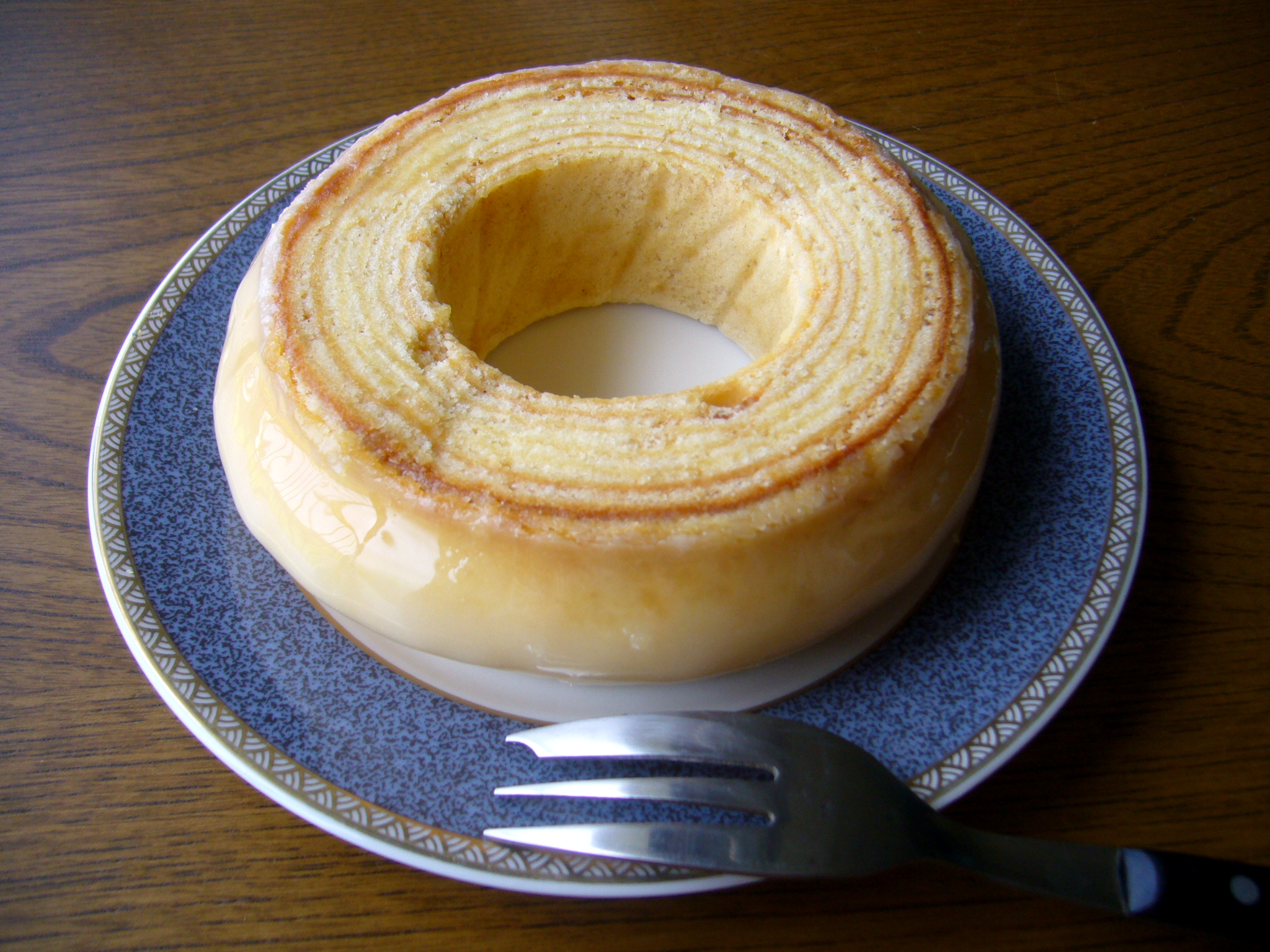Photo by Caitlin CollinsFor Altura sous chef Tiffany Boroughs, cooking Italian food goes beyond her time at the restaurant. On her day off, her mellow demeanor is a stark alter ego to the passionate, driven woman who has passed through impressive kitchens like Lark, Spinasse, Mistral Kitchen, and Earth and Ocean under Chef Maria Hines. Her Italian roots and her time in some of Seattle’s best kitchens made her transition to Altura this year a natural next step. At her new gig, she finds a perfect fit in terms of people she works with and always having something new to learn.You’ve cooked in many of the great Pacific Northwest-centric restaurants in Seattle. Is Pacific Northwest your niche cuisine or are there other cuisines you enjoy making?I just love learning new things. What I really like [is] New American cuisine, where they use basically French and Italian techniques with influences from all over the world and that way you have a huge freedom to do whatever you want. That way I can do a Chinese spiced duck dish and then on my next course, it’s an Italian light pasta dish. With Italian food, it’s comforting to me, maybe getting in touch with my heritage a little bit. Italian food is really simple. It’s about the techniques, the sauces and the pasta making, using really fresh ingredients but very few really fresh ingredients, making sure everything is really high quality and you mess with it as little as possible. So do you have a favorite type of pasta? Oh [pause] … No. I love them all! I do love a great filled pasta like a ravioli. There’s something comforting about little pillows of goodness and you almost don’t know what’s in there sometimes. We had this really good veal and porcini ravioli [a couple weeks ago] on our menu and it was just amazing. Is your Italian roots a motivation for why you started cooking?My Grandpa Frank, He’s Sicilian. He’s from the region of Calabria. When I was five, I was like, “I want to stir your sauce.” I would pull my chair up to the stove and stir the sauce and roll out pasta. We made focaccia and all those things. I grew up in a really small town and there wasn’t any good food at all. So maybe because there wasn’t a lot of it and the idea that it was out there … I started cooking dinner for the family when I was 12 and started watching the Food Channel and “Great Chefs of the World,” or whatever that show was called. Chef Harry Mills mentioned you during his last interview with us, saying that you were one of his successful students. Is that right?I watched and read a lot about food growing up. Going into culinary school, I felt like I knew a good amount. I was working in a cafe at home at the time and I loved working with food. Learning new things about food is like, I love it. That’s why I loved Harry Mills’ class so much because when I met him, that’s when I met someone that kind of ignited the passion about food that was inside me. When we started talking and [I] was listening to his lectures in class, I’m just like, “He gets it!” He is too humble to accept it, but he is my mentor and one of my greatest inspirations next to my Grandpa. As a female chef, is the industry really a guy’s world?It’s your attitude; if you’re pressured by them, then it might [be]. I’ve worked in kitchens where they don’t want you to succeed and it’s really competitive. Luckily, most of the restaurants I’ve worked in, everyone likes each other and everyone really wants each other to do well, and they’re uplifting. So it’s kind of like finding a family that you fit with because you spend so much time with them. Sometimes it’s just not a good fit. If people are happy, they’re more secure and they’re not intimidated by the cooks around them. I’ve been lucky to work in some awesome kitchens where I don’t have to worry about that too much. I think a lot of that stigma has dissolved because I think women have shown that we are just as good as men. Sometimes, women are a lot more meticulous and there’s not a lot of ego with women in the kitchen. We don’t put forth like, “How is this going to make me look?” We go to work, we do our jobs, and [pause] maybe we talk too much, I don’t know. How is the work environment at Altura?Basically when I get to work, I feel like I’m at home cooking with a big family. It’s the most amazing staff I’ve ever worked with, and I’ve worked in some pretty amazing restaurants. Everyone adores each other. [They’re] super supportive. Everybody is in a good mood all the time. We make super good food. The level that everyone is at, we don’t have to worry about everybody else. We can just focus, have a good time, and learn awesome things from Nathan [Lockwood], who is amazingly talented. The service staff and everyone, we all hang out on our days off. It’s nice to have that. There’s no drama ever. Do you miss that sense of vanity that other women who aren’t chefs are allowed to have?You know, I’ve never had it. I don’t own lipstick or eyeliner. Being a cook comes very naturally to me. I’m like, “Please don’t put a dress on me unless it’s my birthday. Don’t put make up on me. Don’t pretty me up.”Are there ingredients at the restaurant that you’re very excited about?We just started to get first of the season tomatoes and corn, and we’re playing with that. We have this new steak that almost no one works with. It’s like a rib cap, we call it the “flavor curve.” We marinade it in foie gras fat because well, why not? And we have this really great corn and mascarpone puree with some marinaded cherry tomatoes. Our halibut dish is with braised morels and favetta, which is a fava bean puree with fried basil and olive oil. There are some garlic scapes. Then, there’s the halibut with some fried potatoes on top. It’s really delicious.At the caliber that you’re cooking now, what are you learning in the kitchen that you can still be excited about?We change the menu every week. With this style of cuisine, it’s not your typical spaghetti and meatballs Italian. It’s a pretty specific cuisine, not as specific as Spinasse which is Piedmont cuisine. But it’s a specific type of Italian which I’ve never worked with. [Nathan] mixes the Northwest with Italian with such ease that you would eat it and think, “This is Italian food?” Because we change the menu so often, I can do something new all the time.
More Stories From This Author
For 50 years, Zeke’s off US 2 has served delicious burgers
It’s been a popular pit stop in Gold Bar for skiers and hikers, and the same family still runs it.
By
Evan Thompson • June 6, 2019 11:05 am
With ‘Game of Thrones’ ending, it’s time for a proper feast
How to make a meal inspired by the Lannisters’ and Starks’ world, fit for the King in the North.
By
Ben Watanabe • May 15, 2019 1:30 am
Stash Box: 2016-2019
Time to roll one for the road …
By
Meagan Angus • February 26, 2019 3:15 pm






